How to Become a Successful Promoter for Events: Tips and Tricks

In the world of eventing, the event promoter is key to any event’s success.
Quick Summary
An event promoter plays a vital role in ensuring an event's success through effective marketing, networking, and logistics management. Essential skills include communication, organization, and creativity. Building a solid foundation through education and hands-on experience is crucial. Developing a comprehensive promotion plan with market research, goal setting, and budgeting enhances engagement. Utilizing diverse marketing channels and fostering industry connections are key, while constantly mo
Whether it’s a corporate seminar, a music festival, or a community fundraiser, good promotion can be the difference between a full house and an empty room.
This post will give you the tips and tricks to become an event promoter, from the basics to the advanced marketing stuff.
Ready to Grow Your Business?
Get a custom strategy tailored to your goals.
What is an Event Promoter?
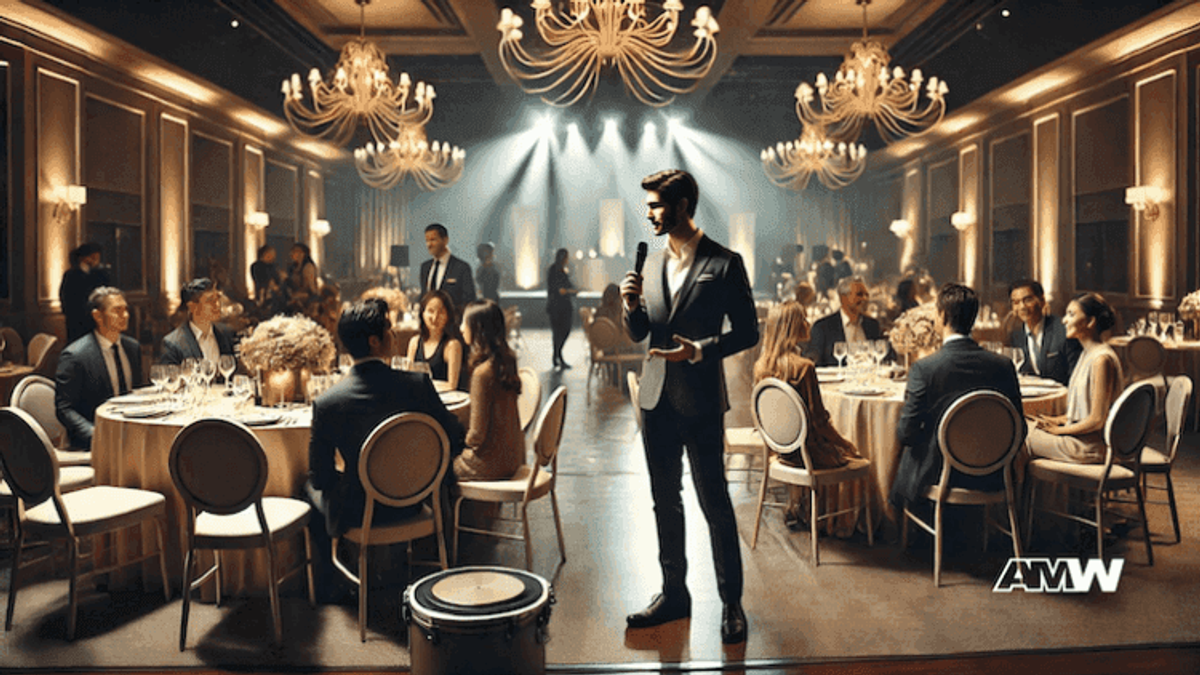
An event promoter is responsible for creating hype and getting bums on seats. This role involves marketing, networking, logistics, and sometimes even negotiating with venues and suppliers.
The main goal is to get the maximum attendance and make the event run smoothly.
Key tasks:
- Marketing: Create marketing campaigns that will capture your target audience’s attention.
- Networking: Build relationships with influencers, media, and potential attendees.
- Logistics: Work with event planners and suppliers to make sure everything is covered.
Must have skills:
- Communication: Clear and persuasive communication to pitch ideas and negotiate deals.
- Organization: Managing multiple tasks and deadlines requires strong organizational skills.
- Creativity: Thinking creatively to develop distinctive promotional strategies.
- Analytical Thinking: Analyse data to refine promotional tactics and measure success.
Get a Foundation

To be an event promoter, you need to build a foundation of knowledge and experience. While formal education in marketing, PR, or event management can be helpful, practical experience is valuable as well.
Education and Training: Many event promoters start with a background in marketing, communications, or business. Courses in these areas will give you a theoretical base, while event management training programs will give you more practical knowledge. Certifications from reputable institutions will also boost your credibility.
Getting Experience: Experience is the best teacher. Start by volunteering at local events or applying for internships with event management companies. This hands-on experience will give you an understanding of event promotion from planning to execution.
Working with experienced promoters will give you mentorship and networking opportunities.
Create a Promotion Plan
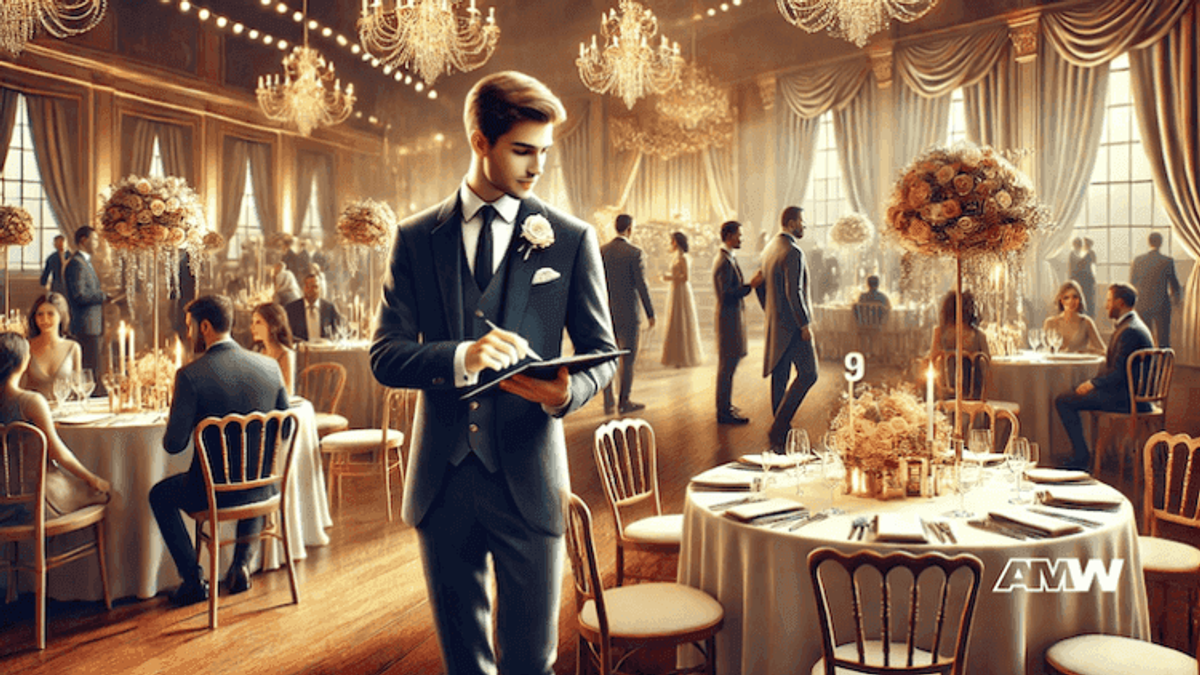
A good promotion plan is key to any event’s success.
This involves:
Market Research: The audience is the first step in creating a promotion plan. Conduct surveys, analyze market trends, and study the competition to get insights about potential attendees. Know what appeals to your audience, and you can tailor your marketing to that.
Setting Goals: Clear goals give direction and measure of success. Define what you want to achieve with your promotion – whether it’s a certain number of ticket sales, social media engagement, or media coverage.
Budgeting: Good budgeting means you use your resources wisely. Identify all the costs – advertising, venue, and promotional materials. Prioritise spending on what will have the biggest impact on your event’s success. Always leave some room in your budget for unexpected expenses.
By getting a foundation, understanding your role and creating a plan you’re set to promote your event. In the next sections we’ll get into marketing channels, building relationships and measuring performance to help you become an event promoter.
Ready to Grow Your Business?
Get a custom strategy tailored to your goals.
Marketing Channels
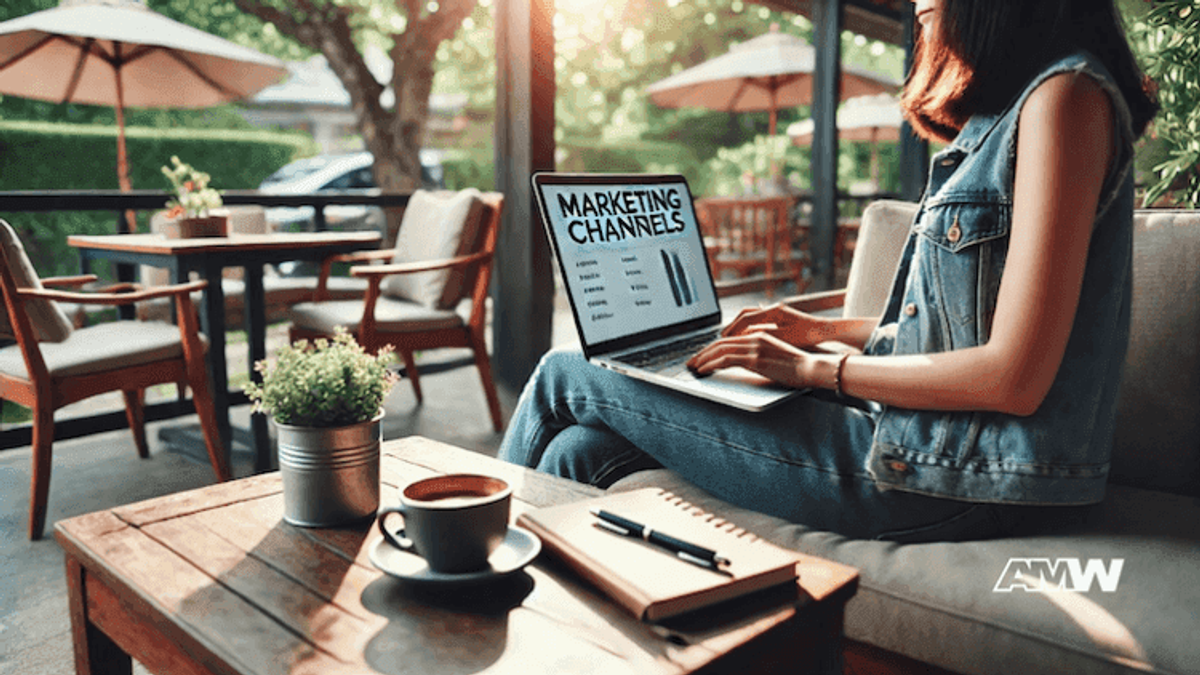
A good event promoter uses a combination of marketing channels to reach a bigger audience and more engagement.
Here are some to consider:
Different social media like Facebook, Instagram, X, and LinkedIn are essential for event promotion. Each platform has its strengths:
- Facebook: Good for creating event pages, sharing updates and engaging with a community through comments and shares. Facebook Ads allow you to target promotions by demographics, interests and behaviours.
- Instagram: Great for visual content. Use Stories, Reels, and Posts to create buzz. Partner with influencers to increase your reach.
- X: Good for real-time updates and engaging with potential attendees. Use hashtags to increase visibility.
- LinkedIn: Best for professional events like seminars, conferences and networking sessions. Share detailed posts, articles and event announcements to reach a professional audience.
Building an email list is one of the best ways to promote events. Segment your audience by interests and past behavior to tailor your messages. Use compelling subject lines and concise content to get high open and click-through rates.
Personalized emails with exclusive offers or early bird discounts will increase engagement and attendance.
Content Marketing: Create great content that appeals to your target audience. Blog posts, videos, infographics and podcasts can all be part of your content marketing strategy.
For example a blog post about the speakers at your event or a behind the scenes video of event prep can generate interest and buzz. Optimize your content for SEO to get organic traffic.
Traditional Marketing: While digital marketing is important, don’t forget traditional methods. Depending on your audience flyers, posters, radio ads and press releases can work.
Distribute flyers in high foot traffic areas, post posters in community centres and use local radio stations to reach a wider audience. Press releases to media outlets can get coverage and attention.
Networking and Building Relationships

A good network is key for an event promoter. Relationships with industry professionals, media, influencers, and attendees will have a big impact on your promotion.
Industry Connections: Attend industry conferences, workshops and networking events to meet other event professionals. Building relationships with venue managers, vendors and other promoters will give you access to resources and opportunities to collaborate. Join industry associations and online forums to stay up to date with the latest and best practice.
Partnerships and Collaborations: Partner with influencers, sponsors, and media to amplify your promotion. Influencers will help you reach a bigger audience, sponsors will provide financial support and additional promotion, and media will give you coverage and credibility.
When partnering, make sure there’s mutual benefit and clear agreements on roles and expectations.
Customer Engagement: Engage with your audience pre, during and post event. Respond to questions, join the conversation and encourage user generated content.
Ready to Grow Your Business?
Get a custom strategy tailored to your goals.
Post event engagement such as sharing event highlights, thanking attendees and gathering feedback will help build a loyal community. This ongoing relationship will lead to repeat attendance and word of mouth.
Monitoring and Measuring
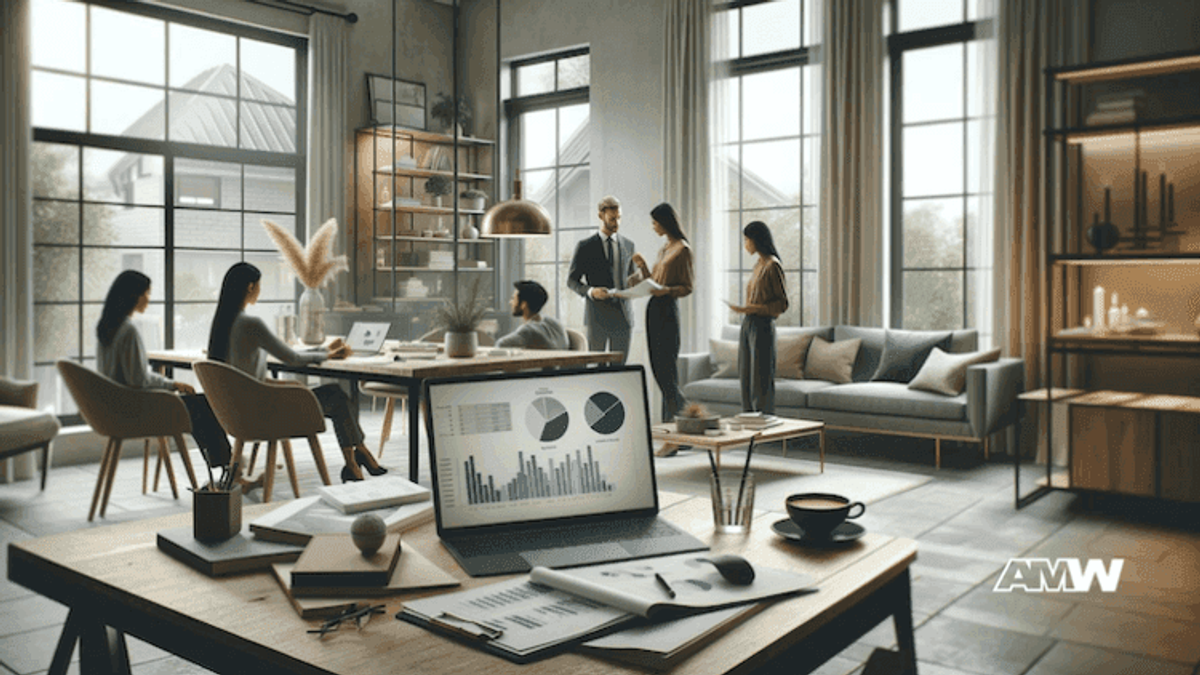
To continually improve your event promotion you need to monitor and measure. This means tracking metrics and gathering feedback to measure your results and identify areas to improve.
Metrics: Identify and track your key performance indicators (KPIs) that match your goals. KPIs for event promotion are ticket sales, social media engagement, website traffic and email open rates. Use Google Analytics, social media insights and email marketing reports to collect data.
Feedback Collection: Collect feedback from attendees, partners and stakeholders to understand their experience and identify areas to improve. Use surveys, interviews and social media polls to collect qualitative data. Analyse this feedback to make informed decisions for future events.
Continuous Improvement: Use the data and feedback to fine-tune your promotion. See what worked and what didn’t and adjust accordingly. Continuously test new ideas and approaches to stay ahead of the competition and keep your promotion fresh and interesting.
By using marketing channels, building relationships, and monitoring performance, you can become a better event promoter and drive your events.
Conclusion

Promoting events is a combination of planning, marketing, and relationship building.
By understanding your role, building a solid foundation, having a comprehensive promotion strategy, using multiple marketing channels, networking with industry professionals, and monitoring performance, you can be a great event promoter.
Apply these tips and tricks to boost your promotion and make your events memorable and well-attended.
FAQ
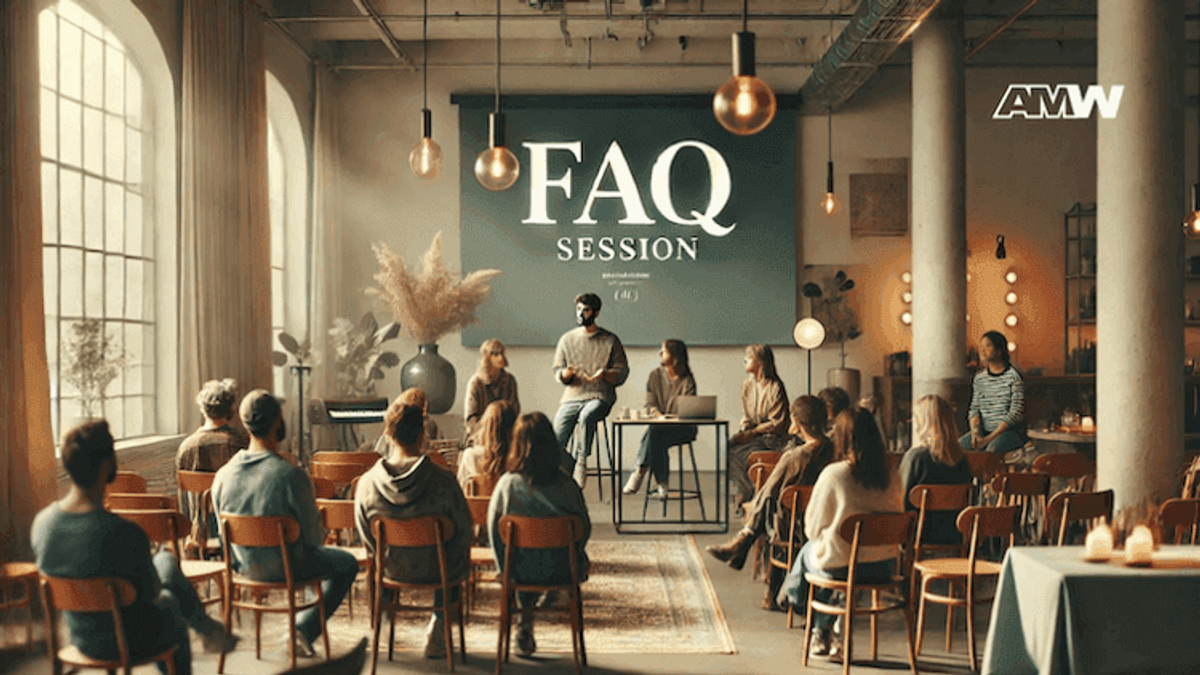
What do I need to be an event promoter?
Qualifications are nice to have, as well as practical experience, good communication skills, and a marketing knack.
How do I get experience in event promotion?
Start by volunteering at local events, interning with event management companies, or collaborating with established promoters.
What are some low-cost marketing strategies for event promotion?
Use content marketing, email campaigns, and social media, and collaborate with influencers for cost-effective promotion.
How important is networking in event promotion?
Networking is key as it helps you build relationships with industry professionals, potential sponsors, and attendees.
How do I measure my event promotion?
Track metrics like ticket sales, social media engagement, email open rates, and attendee feedback.
What should I include in my promotion strategy?
Your strategy should include market research, goal setting, budgeting, and a mix of marketing channels to your audience.
How do I engage with my event attendees?
Use social media interactions, personalized emails, and post-event surveys to engage and gather feedback from attendees.
What are the common challenges for event promoters?
Challenges include budget constraints, reaching the target audience, logistics, and measuring ROI.
Can traditional marketing still work for event promotion?
Yes, traditional methods like flyers, radio ads, and press releases can complement digital strategies and reach a wider audience.
How do I handle negative feedback or criticism about my event?
Respond professionally, use it to improve future events, and communicate transparently with attendees.

Ready to Grow Your Business?
Get a custom strategy tailored to your goals.
Frequently Asked Questions
What qualifications do you need to become an event promoter?
While formal education in marketing, communications, or business is helpful, it's not mandatory. Many successful event promoters start with practical experience through volunteering at local events or internships with event management companies. Event management certifications from reputable institutions can boost credibility. The most valuable qualification is hands-on experience, which provides real-world understanding of promotion strategies from planning to execution. Strong communication, organizational, creative, and analytical thinking skills are essential regardless of educational background.
How much money can you make as an event promoter?
Event promoter earnings vary significantly based on experience, location, event size, and business model. Entry-level promoters may earn $30,000-$40,000 annually, while experienced promoters can make $50,000-$100,000+ per year. Many promoters work freelance, earning per-event fees ranging from $500-$5,000+ depending on event scale. Successful promoters who build their own promotion companies or specialize in high-profile events like music festivals can earn six-figure incomes. Revenue often comes from flat fees, percentage of ticket sales, or retainer agreements with clients.
What are the main responsibilities of an event promoter?
Event promoters have three core responsibilities: marketing, networking, and logistics coordination. Marketing involves creating targeted campaigns to reach potential attendees through social media, email marketing, content creation, and traditional advertising. Networking includes building relationships with influencers, media contacts, venue managers, and industry professionals. Logistics coordination involves working with event planners and suppliers to ensure smooth execution. Promoters also handle budget management, market research, goal setting, performance tracking, and post-event analysis to measure success and improve future events.
Which social media platforms work best for event promotion?
The most effective platforms depend on your target audience and event type. Facebook excels for creating event pages, community engagement, and targeted advertising based on demographics and interests. Instagram works best for visual content through Stories, Reels, and influencer partnerships. LinkedIn is ideal for professional events like conferences and seminars, reaching business audiences through detailed posts and articles. Twitter (X) provides real-time updates and hashtag visibility. Successful promoters typically use a multi-platform approach, tailoring content to each platform's strengths and audience preferences.
How do you create an effective event promotion budget?
Start by identifying all promotional costs including advertising, venue marketing materials, staff, and digital marketing tools. Allocate 60-70% of your budget to proven high-impact channels like social media advertising and email marketing. Reserve 20-30% for experimental or emerging channels to test new strategies. Always include a 10-15% contingency fund for unexpected expenses. Prioritize spending based on your target audience's preferences and past campaign performance. Track spending against results using metrics like cost-per-ticket-sold to optimize budget allocation for future events.
What metrics should event promoters track to measure success?
Key performance indicators (KPIs) should align with your event goals. Essential metrics include ticket sales numbers and revenue, social media engagement rates (likes, shares, comments), website traffic and conversion rates, email open and click-through rates, and cost-per-acquisition for attendees. Post-event metrics include attendee satisfaction scores, social media mentions and sentiment, media coverage reach, and return on investment (ROI). Use tools like Google Analytics, social media insights, and email marketing reports to collect data. Regular monitoring allows for real-time adjustments to improve campaign performance.
How do you build a network as a new event promoter?
Start by attending industry conferences, workshops, and local networking events to meet venue managers, vendors, and experienced promoters. Join professional associations and online forums related to event management and marketing. Volunteer at established events to gain hands-on experience while building relationships with industry professionals. Engage actively on social media with event industry leaders and potential collaborators. Seek mentorship from successful promoters who can provide guidance and introduce you to their networks. Focus on providing value to others before asking for favors to build genuine, lasting professional relationships.
Related Resources
Calculators
Pricing Guides
Key Terms
Marketing strategy that promotes brands, products, or services through hosted or sponsored in-person or virtual events.
Attendee AcquisitionThe marketing strategies and tactics used to attract and convert target audiences into event registrants.
Event Experience DesignHolistic approach to creating memorable, purposeful attendee journeys at events.
Attendee Acquisition StrategyPlanned approach to attracting and registering target audiences for events.
Post-Event StrategyPlanned follow-up activities that extend event value and drive business outcomes.
Related Articles

Events Marketing Plan: Creating an Event Strategy
Planning a successful event often requires a well-thought-out strategy that can significantly impact its outcome. Whether you're organizing a conference, a product launch, or a community event, an

The Complete Checklist for Promotion of Events
Effective event promotion is crucial for ensuring the success of any event, whether it's a small local gathering, a large corporate conference, or a virtual seminar. Strategic event promotion helps in

How to Advertise an Event: Top Tips
Effective event advertising is crucial for ensuring your event's success. Whether you're organizing a corporate conference, a product launch, or a community fundraiser, the right promotion strategies